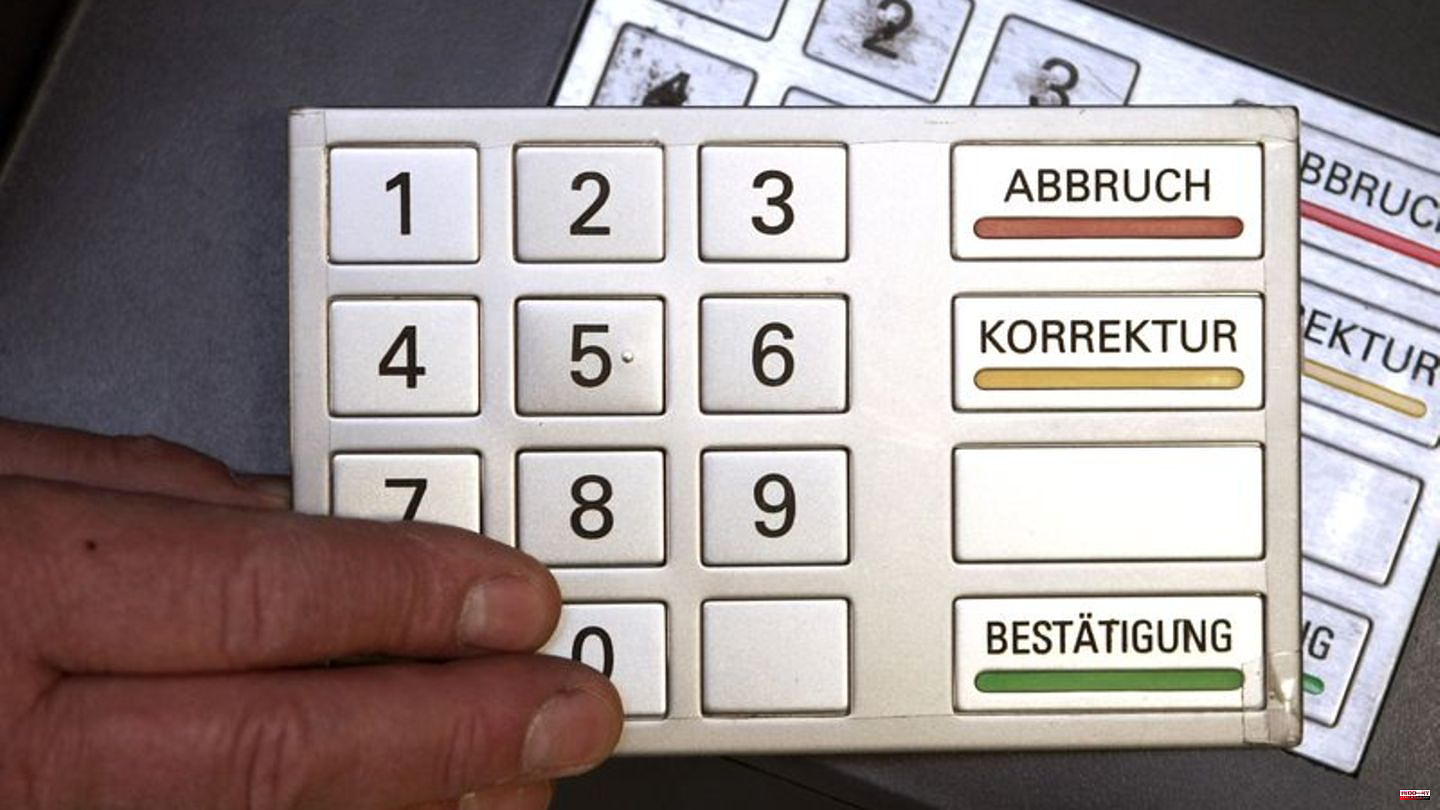Data theft from ATMs in Germany hardly pays off for criminals anymore. However, the increasing number of cases in the current year shows that the risk of being spied on when withdrawing money is still real in this country. In addition, criminals are always finding new ways to rob bank customers of their data and money.
Up to and including November of the current year, Euro Kartensysteme counted 222 manipulations at ATMs in Germany. There were 116 such "skimming" cases in the first eleven months of 2021, and 136 for the whole of 2021. Individual machines can appear multiple times in the statistics. In order to illegally obtain card data and secret numbers (PIN), perpetrators manipulate the card reader or the keypad of an ATM, for example.
Damage is limited
Despite the increasing number of cases, the experts at the Frankfurt facility have given the all-clear: Criminals were only able to monetize data spied out in Germany in this way in 102 cases. Gross losses as a result of "skimming" attacks fell by 70 percent year-on-year to a record low of EUR 99,000.
"The skimming business model has now finally become obsolete for fraudsters due to the global implementation of secure EMV chip technology on cards and terminals," Euro Kartensysteme summarized. With EMV technology, the authenticity of payment cards is checked each time they are used with the help of a built-in mini-computer.
There are only a few countries in the world where payment cards are equipped with magnetic strips that are relatively easy to copy and where retail readers are designed for magnetic strips. Basically, criminals can only use counterfeit cards based on data stolen in Germany for shopping there.
As a result, payment cards that were created as duplicates on the basis of data stolen in this country, according to Euro Kartensysteme, came into use in the current year above all in Brazil (60 percent), the USA (25 percent) and the Caribbean island state of St. Lucia (14th percent) to use.
Because, thanks to international agreements, the countries with the lowest security standards have to pay for damages from fraudulent transactions with stolen card data, the local credit industry can recover almost the entire amount of the damage.
New scam method in circulation
Consumers who have become victims of "skimming" usually do not have to fear any financial disadvantage. As a rule, financial institutions in Germany compensate for such damage - provided customers have handled the card and PIN carefully.
But scammers are inventive: "Another fraud method is currently being used - unfortunately with success: social engineering," warned Euro Kartensysteme. For example, criminals pretend to be technicians or employees of a telecommunications company over the phone or when contacting them via e-mail in order to trick consumers into revealing confidential account information or visiting a specially crafted website.
In particular, consumers who tried to do everything possible to prevent data misuse fall for the scam, according to the findings of Euro Kartensysteme. With this method, criminals can even undermine the two-factor authentication that is now standard in online banking. With two-factor authentication, to transfer money, it is not enough to log into the account with access data. The money transfer must be approved separately, for example via an app linked to the personal mobile phone from the relevant bank.
Simple safety precautions
Again and again, some consumers make it easy for criminals to keep their card and PIN together in their wallet despite all the warnings. Damage from theft or loss of payment cards in Germany totaled almost 24.7 million euros from January through November. That was 50 percent more than a year earlier. The number of cases of theft and loss skyrocketed by 60 percent to 20,034.
The damage has also been high for years with a particularly ruthless method of illegally raising money: the blowing up of ATMs has "recently taken a worrying development", the Federal Criminal Police Office (BKA) summed up in November. In 2021, investigators registered 392 attempted ATM demolitions nationwide. In 189 cases, the perpetrators stole cash: a total of 19.5 million euros. In addition, there is property damage to buildings in the mid double-digit million range.








